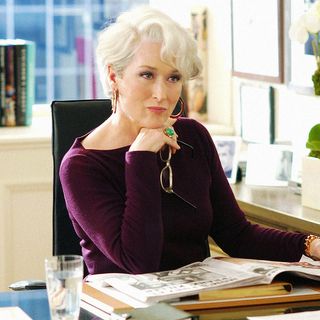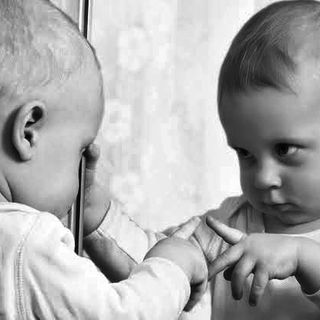
Sonam K Ahuja, Ranting, and Media’s Sexist Interpretations of Women’s Words
Media coverage of the actress’s ‘Mr. India’ statement is just the latest example in a long history of dismissing women’s anger as petulance.

On Saturday, actress Sonam K. Ahuja posted a statement to her social media accounts expressing — in response to queries — her and her family’s disappointment at the announced remake of Mr. India, which originally starred her father, Anil Kapoor.
By the same afternoon, the Free Press Journal had characterized the statement as a “rant” in its headline — a word that connotes a lack of control, or a disproportionate, OTT response. When Ahuja and others called out the publication for using a word that plays into the worst stereotype about women, the Free Press Journal responded to the actress with a “check your privilege” — as if asking for media coverage untainted by sexism is an extraordinary demand.
This would all be exciting if it weren’t so banal: Media has a long history of interpreting women’s angry words and actions as inflationary, over the top, hysterical, rather than simply as what they are — a statement or expression of emotion.
In November 2019, actress Anushka Sharma released a statement on her social media accounts condemning the biased way media had covered her in relation to her husband, cricketer Virat Kohli, and his career. She, too, was reported as “lashing out” (a phrase that connotes unreasonableness and childishness) and her closing sentence reduced to a “sassy signoff” — a phrase that connotes girlishness, instead of the coolheaded, adult burn it was — by the media. Tennis star Serena Williams, during a display of anger over an umpire’s call during the U.S. Open in 2019, was condemned in the media for her “meltdown” or “tantrum” — again, words that reduce a grown woman to a helpless slave to emotion, or to a child — never mind that male tennis stars past, like Andre Agassi and John McEnroe, were celebrated in their time as “bad boys” of tennis for similar behavior.
And let’s not even get started on the media coverage of former American First Lady Michelle Obama, which often fell with a clunk at the intersection of racism and sexism, relying on the trope of the uncontrolled ‘Angry Black Woman.’
Media bias is rooted in something much more insidious and problematic: societal sexism. This has its roots in the common, sexist, and long-debunked medical diagnosis of “hysteria” for 19th-century women who challenged convention or dared to express an emotion other than empty-headed contentment. In more modern times, study after study has found people routinely write-off women who express discontent or anger, no matter how carefully the women word themselves. Angry women are seen as “emotional, simply acting as who she is, and less competent than an angry male,” according to researchers from The Ohio State University. Expressing an opinion, especially if it is a contrary point of view, is seen as a breach of etiquette for women in a way that it is not for men — there is no real epithet equal to the condemnation of “unladylike” for a man.
Related on The Swaddle:
The result of these biases is the perpetuation of a society in which women are not allowed to wield equal authority as men. Research shows that women who express anger are less able to influence their peers, while angry men are considered more influential. Influence begets power — which helps explain why there are still so few women in leadership positions in business and politics around the world. Leadership requires a level of dissatisfaction that moves a group toward a more perfect version of itself. But if women’s anger and frustration aren’t taken seriously — if these emotions are written off as uncontrolled “rants” and childish “lashing out” — society can’t take women seriously as agents of change, as authority figures — as commanders of Army posts.
It seems trivial to point out that words matter — especially to media organizations, which literally meet their bottom line off the power of words — but here we are again, having to press the point. The Free Press Journal is not the only publication to make a poor choice in its reporting — other media houses have characterized Ahuja’s statement as “lashing out.” It’s possible all are simply after the clicks a strongly worded headline will generate. It’s also possible that such a choice is sexist. It’s time to do better.
Liesl Goecker is The Swaddle's managing editor.
Related


Is This Normal? “I Talk to Myself Out Loud”
